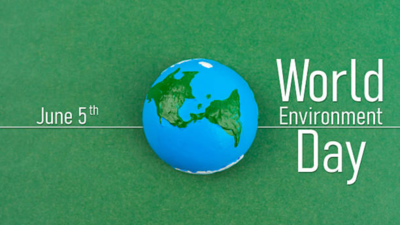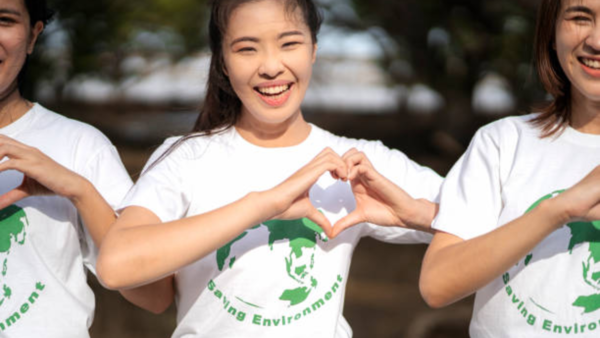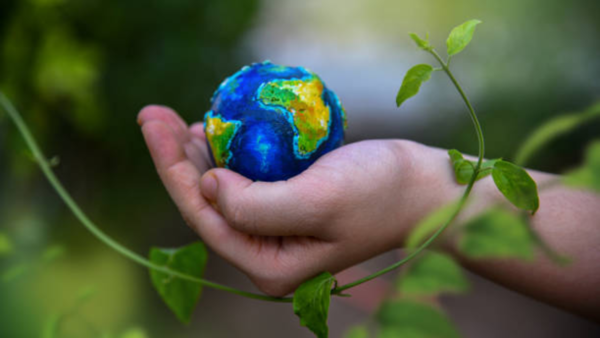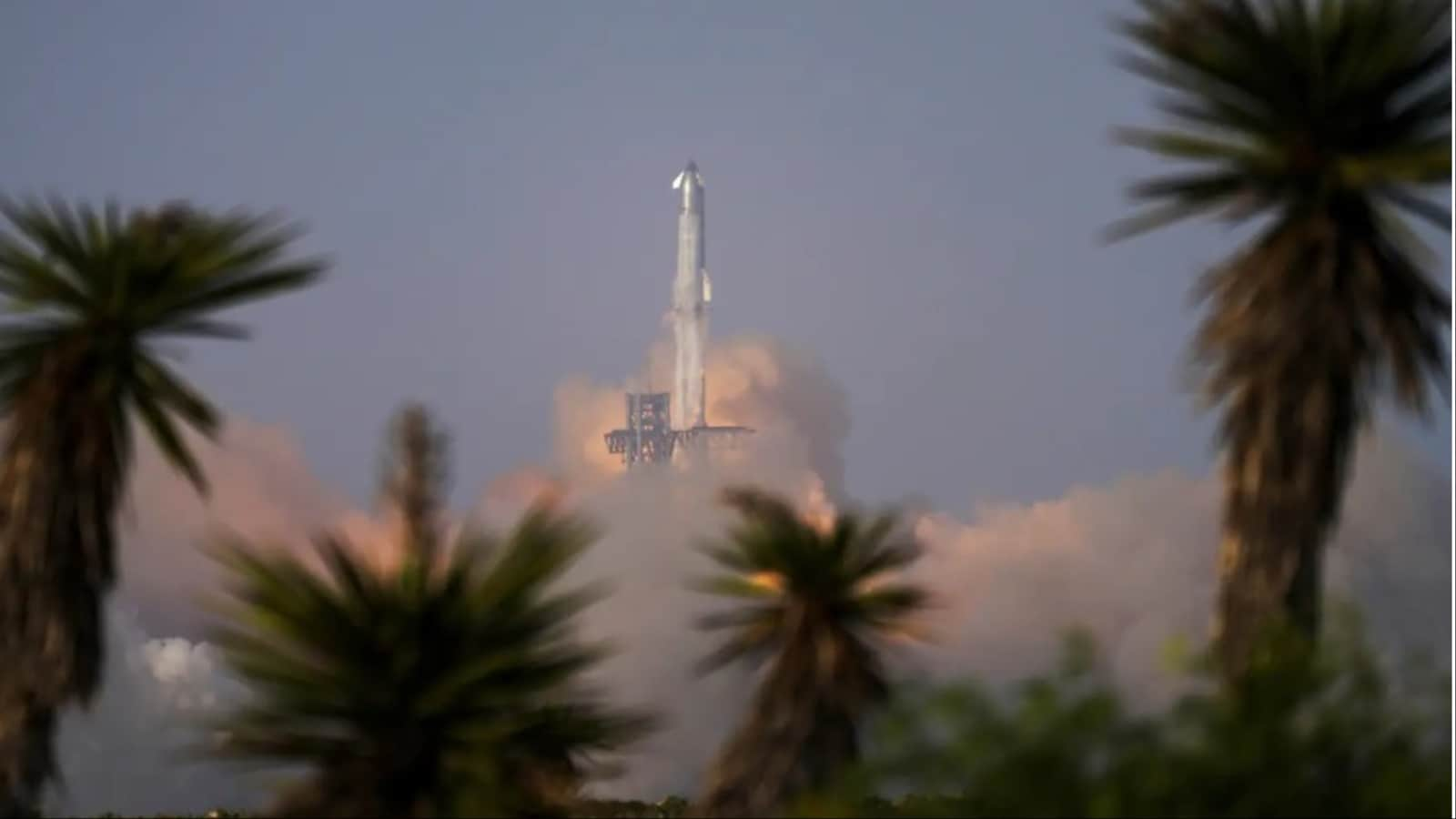ARTICLE AD BOX

World Environment Day 2025, hosted by the Republic of Korea, will spotlight the urgent need to beat plastic pollution. The global campaign aims to raise awareness about plastic's harmful impacts and promote sustainable alternatives. Individuals, industries, and nations are urged to reduce plastic dependency and embrace responsible consumption for a healthier planet.
Every year on June 5, people across the globe unite to celebrate World Environment Day, an initiative led by the United Nations Environment Programme (UNEP). In 2025, this globally significant day will be hosted by the Republic of Korea, with a strong focus on one of the most pressing challenges of our time: plastic pollution.From schools to governments, environmentalists to artists, millions of people will participate in activities that raise awareness and push for action to safeguard our planet. This article explores the theme, history, significance, poster ideas, and host country for World Environment Day 2025.
Theme of World Environment Day 2025: Beat Plastic Pollution
The official theme for World Environment Day 2025 is “Beat Plastic Pollution.” The campaign aims to raise global awareness about the harmful impacts of plastic waste on ecosystems, wildlife, and human health.
Plastic pollution has become a planetary crisis, with microplastics now found in the deepest oceans, remote mountain peaks, and even inside the human body.Plastic production has skyrocketed from 2 million tonnes in 1950 to over 430 million tonnes today, according to UNEP. A large portion of this plastic is single-use and ends up in landfills, rivers, and oceans. The 2025 campaign urges nations, industries, and individuals to reduce dependency on plastic, adopt sustainable alternatives, and promote responsible production and consumption.
Host country: Republic of Korea
For 2025, the Republic of Korea will serve as the global host country for World Environment Day. Known for its innovation and commitment to green technology, South Korea offers a fitting backdrop to a campaign focused on eliminating plastic pollution.

The country has already made strides in sustainability through advanced recycling systems, plastic bans in major retail outlets, and investments in eco-friendly alternatives.
By hosting the event, South Korea aims to spotlight scalable, tech-driven solutions and inspire global cooperation to phase out harmful plastic use.
Creative poster ideas for World Environment Day 2025
Here are some poster concepts and taglines to help students, creators, and event organizers promote awareness:
- “Plastic-free planet starts with me”
- Visual: A globe wrapped in plastic film, being cut open with a reusable steel straw or cloth bag.
- Tagline: “Say no to plastic. Say yes to Earth.”
- “Microplastics are inside you too”
- Visual: A human silhouette filled with tiny microplastic particles, mirrored with ocean creatures facing the same issue.
- Tagline: “Beat plastic pollution before it beats us.”
- “One Earth, one chance”
- Visual: Half of Earth shown clean and green, the other half choked with plastic waste.
- Tagline: “Act now to save our only home.”
- “Every drop counts, every bit hurts”
- Visual: A single drop of water containing a plastic bottle, a dying fish, and broken coral.
- Tagline: “Protect oceans. Reject plastics.”
These posters can be used in schools, colleges, and community centers or shared digitally on social media as part of the awareness drive.

History of World Environment Day
World Environment Day was first established in 1972 during the Stockholm Conference on the Human Environment, which marked the beginning of global environmental consciousness.
The first celebration took place in 1973, and since then, June 5 has become a cornerstone for environmental action.Each year, UNEP assigns a different country to host the event and highlights a key environmental theme. Previous years have focused on climate change, biodiversity loss, and ecosystem restoration. The annual event now engages over 150 countries and millions of people through tree plantation drives, clean-up campaigns, sustainability workshops, and policy-level dialogues.
Why World Environment Day matters
While climate reports and scientific warnings continue to grow urgent, World Environment Day serves as a powerful reminder that every small action counts. The event promotes:
- Global awareness of environmental issues like pollution, climate change, and deforestation
- Community engagement through clean-up drives, tree planting, and educational initiatives
- Policy-level discussions that push for regulatory changes and sustainable innovation
- Youth participation, encouraging young people to lead the charge toward a greener planet
The 2025 focus on plastic pollution is especially timely. With more than 19 to 23 million tonnes of plastic entering aquatic ecosystems every year, urgent and collective action is needed.
How you can participate
Whether you're a student, teacher, parent, artist, or entrepreneur, there are many ways to join the World Environment Day movement:
- Host or join a local clean-up event
- Switch to reusable products and avoid single-use plastics
- Organize a poster-making competition with this year’s theme
- Share informative content on social media with hashtags like #BeatPlasticPollution and #WorldEnvironmentDay2025
- Support eco-friendly businesses and advocate for sustainable packaging
World Environment Day 2025 is more than just a date on the calendar. It is a call to action. With the Republic of Korea leading the global initiative and the theme of “Beat Plastic Pollution” guiding the efforts, this year is set to be a landmark in the fight for a plastic-free, sustainable future. Let us use this opportunity to reflect, engage, and act, not just for one day but every day. Because when we protect the environment, we protect ourselves.



.png)
.png)
.png)
















 1 day ago
3
1 day ago
3









 English (US) ·
English (US) ·